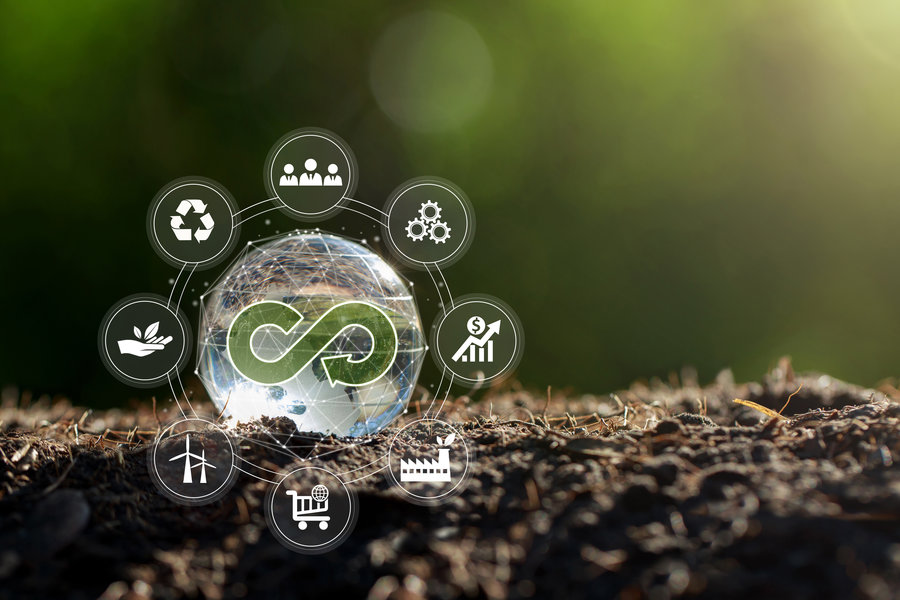
The waste material transformation process developed by Antifemo has joined the "European Circular Economy Stakeholder Platform", the European portal collecting best practices for the circular economy. The innovative startup settled in Progetto Manifattura, the green hub of Trentino Sviluppo, thus successfully continues to make great strides toward its goal: to contribute to the zero waste industrial agribusiness.
From Sicily to Rovereto
Antifemo's journey begins in Gela, where Fabrizio Nardo, an industrial chemist and founder of the startup, invents NP-bioTech technology aimed at reducing multiple types of organic waste in a matter of weeks, without emissions.
Shortly after its founding, already holding several national and international patents, the startup found fertile ground for its growth in Progetto Manifattura in Rovereto, where it settled in 2021.
The new biocatalyst born in Progetto Manifattura
With the goal of transforming agribusinesses into zero-waste companies, Antifemo designed in Progetto Manifattura a composting biocatalyst that can quickly and odorlessly transform even waste materials that do not ferment and that previously had to be disposed of in some other way into biofertilizer.
The process was successfully tested using "citrus paste" and sewage sludge produced during the extraction of orange juice in a Sicilian company, that produces 12 thousand tons of just "paste" each year.
Antifemo now points to a second case study in Trentino, based on local agricultural production.
The landing in the European Commission
Its success did not stop at Italian borders. In fact, the startup's innovative idea has also been appreciated abroad, coming to the attention of the European Commission in Brussels, which has included the technology on the "European Circular Economy Stakeholder Platform," the European portal that collects good practices for the circular economy.
In the project, numerous benefits for businesses, the environment and the community itself were identified, such as:
- Abatement of waste disposal costs
- Reuse of waste materials
- Absence of pollutant emissions
- Energy saving
- Cancellation of odors from agribusiness industrial plants





